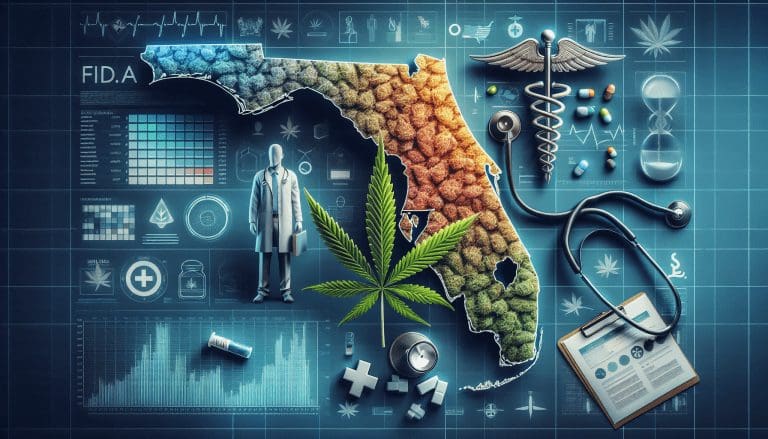Decoding the Enigma of THC-Infused Beverages
The entrance of THC-infused drinks onto the cannabis scene has been nothing short of revolutionary. These novel products, frequently referred to as ‘liquid pot drinks’ or ‘weed infused drinks’, encapsulate a whole new dimension of consuming cannabis. But what exactly are these THC beverages? At the simplest level, these beverages are concoctions that have been infused with tetrahydrocannabinol, the primary psychoactive component of cannabis. They take drinking to a whole new level, where you’re not just hydrating, but also experiencing the benefits of cannabis. These cannabis drinks come in a variety of forms such as teas, sodas, and even coffees, broadening their appeal to a diverse range of consumers.
THC-infused beverages are crafted with precision, ensuring the right dose of THC in each serving. This means you can enjoy the marijuana drink without having to worry about overconsumption. Furthermore, with the rise in popularity of micro-dosing—taking small amounts of cannabis for therapeutic effects with minimal psychoactivity—THC infused drinks are increasingly in demand. They offer an easy and measurable way to consume controlled doses of cannabis.
Understanding the Advantages and Potential Drawbacks of THC Beverages
Like any product, THC beverages come with a mixed bag of pros and cons. Among the prominent benefits of these canna drinks is their accessibility. Unlike smoking marijuana—which can be off-putting for some due to the stigma associated with smoking—drinking THC is a more accepted form of consumption. Given that they come in familiar forms such as sodas and teas, cannabis infused drinks provide an inviting gateway for non-smokers to try marijuana.
On the reverse side, one of the potential cons of THC beverages centers on dosage. The effects of a THC beverage can take anywhere from 30 minutes to 2 hours to kick in, causing novice consumers to inadvertently overdrink while waiting for the high to hit. Moreover, metabolizing liquid THC drinks through ingestion can lead to a more intense and longer-lasting high than smoking, particularly for those with low tolerance levels.
How do THC-Infused Drinks Compare with Other Cannabis Products?
One major difference between THC-infused drinks and other cannabis products such as edibles and flower lies in the absorption process. THC-infused drinks are faster acting than edibles because the THC is absorbed directly into the bloodstream through the stomach lining and small intestines. This makes drinks with THC a quicker route to feeling the effects than waiting for the slower digestive process associated with edibles.
Furthermore, the precision of dosing when it comes to THC beverages is an added advantage. Unlike with smoking or vaping, where it’s often difficult to measure how much cannabis is consumed, these marijuana drinks usually contain a specific dosage per serving—a feature that is particularly appealing to those wanting a controlled cannabis experience.
Contrasting THC Drinks and Alcoholic Beverages
We live in a time where individuals are more conscious about their health and consumption choices. Consequently, many are on the lookout for alternatives to alcohol, and this is where weed drinks come in. THC-infused beverages offer a buzz without some of the adverse effects associated with consuming alcohol. Moreover, these cannabis drinks come without a hangover, making them an increasingly popular choice for social consumption.
It is also worth noting that the calorie content of most THC beverages is significantly lower than that of most alcoholic drink options, a feature that lends towards their growing popularity among health-conscious consumers. While it is important to be mindful of THC’s psychoactive effects, weed drinks offer a unique alternative to the hangovers, calories, and potential health concerns associated with traditional alcoholic drinks.
Forecasting the Hottest THC Drinks for 2024
As the popularity of THC beverages continues to escalate, there is a race among producers to craft pioneering canna drinks that not only taste great but also deliver a fantastic cannabis experience. While 2024 is set to see the launches of many THC-infused drinks, a few stand out to consider adding to the must-try list.
Keeping one eye on the trend of calming tinctures and teas, look out for a rise in CBD/THC balanced beverages designed for relaxation and stress relief. On the fun, fizzy side, expect to see more THC sodas hitting the markets. The explosive taste complemented by a pleasant buzz adds a zing to any social gathering. Lastly, coffee lovers are not to be left out of this revolution. Expect to see blends of THC-infused cold brews and coffees adding an extra kick to your caffeine fix.
Unraveling Common Queries about THC Beverages
With the novelty of the THC beverage industry, the flood of questions surrounding these cannabis drinks is understandable. Some of the frequently asked queries relate to the drink’s shelf life, their psychoactive effects, the optimal consumption quantity, among others. Knowledge is power, and educating oneself on the ins and outs of this burgeoning industry is a smart move for both novice and seasoned enthusiasts.
While everyone’s tolerance and reaction to THC might differ, generally, one can expect to feel the initial effects from consuming a THC drink within 30 minutes to 2 hours. It’s always advisable to start with a lower dosage and gradually increase if needed. As for shelf life, most THC beverages have a similar expiry as any regular beverage—just remember to check the packaging!
In conclusion, THC-infused beverages provide a new, exciting avenue for both recreational and medicinal cannabis use. Their rise in popularity testifies to increasing demand among those looking for alternatives to traditional methods of cannabis consumption. Yet, like any other product, it’s essential to maintain a balanced perspective, weigh the pros and cons, and consume responsibly. Always remember to start low and slow until you find the sweet spot that suits your personal tolerance and desired effect.
Are you interested in exploring the medicinal benefits of marijuana further? At MMJ, we provide access to medical marijuana cards in the USA for new patients and renewals alike. Visit our site to learn more and embark on your journey to effective natural wellness today.


